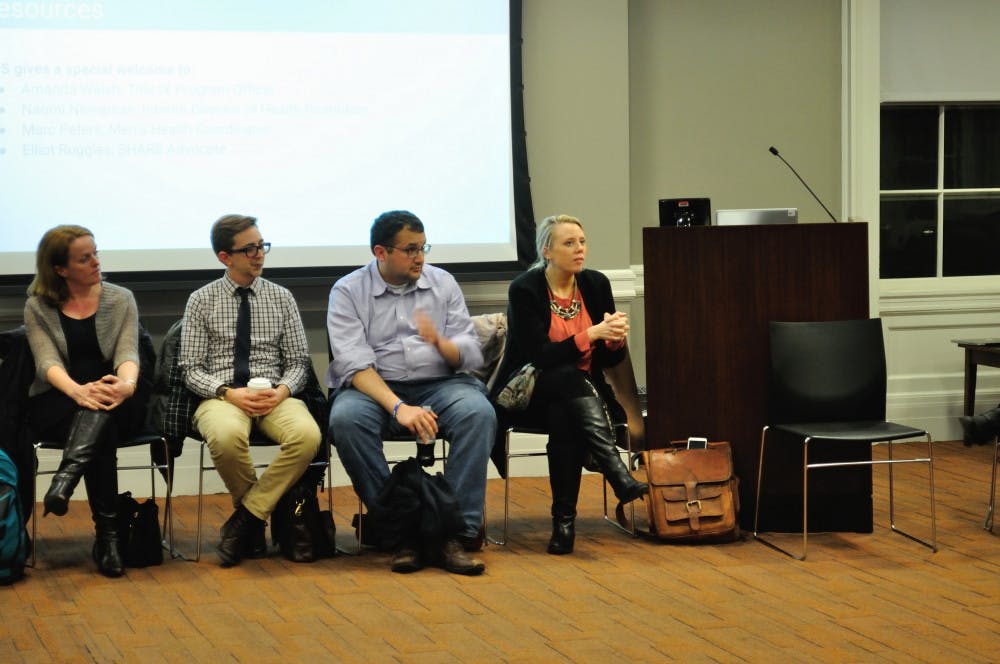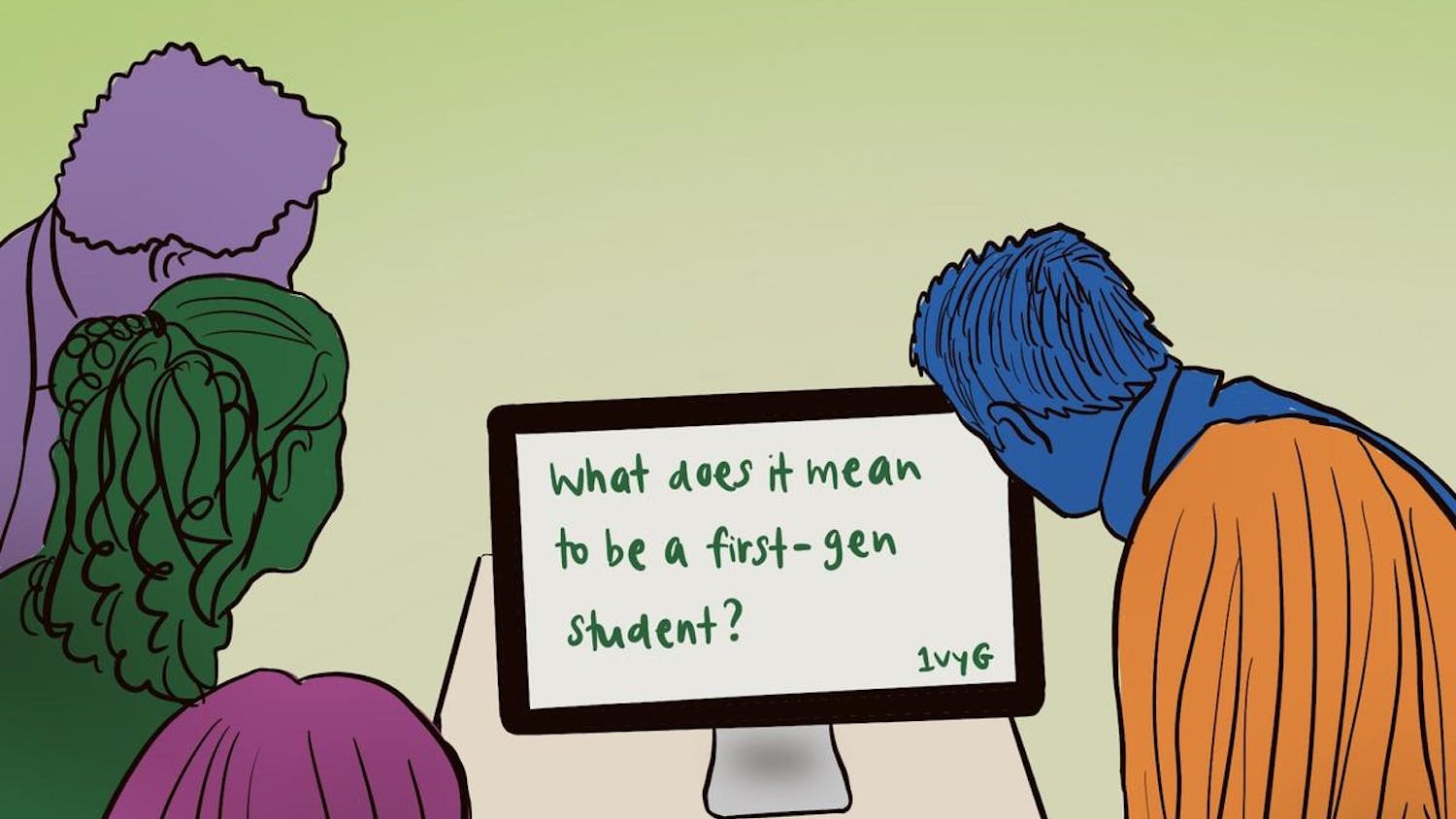University officials shared details on the revamped sexual assault education program for incoming first-years and the Responsible Employee protocol determining which university employees have a responsibility to report incidents of sexual harassment or assault at the Undergraduate Council of Students general body meeting Wednesday.
The new initiatives seek to address the root causes of sexual misconduct on campus, said Interim Director of Health Promotion Naomi Ninneman, who also serves as a faculty advisor for the Sexual Health Awareness Group. “We’re focusing on creating a culture of consent,” she said.
Headlining the agenda was an initiative to reform the portion of first-year orientation dedicated to raising awareness about sexual assault. On the heels of widespread student criticism dating back to last year, the traveling performance entitled “Speak About It” traditionally shown to the rising class will not be invited back to campus this fall.
A program featuring multiple meetings, all smaller in size, will take its place, Ninneman said. “It will feature student voices, not an outside group.”
Student-produced videos will feature prominently in the program, and small breakout group discussions as well as unit meetings addressing topics from the videos will also be held, said Men’s Health Coordinator Marc Peters.
During UCS-organized focus groups with Corporation members in February, concerns were raised about the Responsible Employee designation, according to a focus group assessment report compiled by the UCS leadership. Students who participated in the focus groups expressed confusion about the duties and obligations of students labelled as Responsible Employees, the report said.
Title IX Program Officer Amanda Walsh explained the basis for the Responsible Employee designation. “It all boils down to one thing: Does this person have a duty or are they perceived as having a duty to address harassment?”
The Sexual Assault Task Force evaluated the definition of a Responsible Employee and released a potential policy, Walsh said. Individuals classified as such must report any act that is a possible violation of the University’s Title IX policy. While experiences that took place before a student arrived at Brown need not be reported, an experience on campus must be retroactively reported regardless of how long ago it took place, Walsh added.
This policy is particularly pertinent for Residential Peer Leaders. Unlike their peers at other institutions, Brown RPLs are considered always on duty and thus are obligated to report anything about which they are informed.
The Responsible Employee policy was introduced at the RPL orientation in August. For many RPLs, “that was the first time they’d really heard about” this duty, Walsh said.
Sexual Assault Prevention Education is moving to a new program outline, emphasizing a multifaceted approach, Peters said. “Bystander intervention (training) isn’t doing enough,” he said.
The new curriculum will be module-based and highly flexible, Peters said. SAPE will meet with student groups and present a range of options, and the groups will select the ones that most directly apply to them. “It allows us to have a lot of mixing and matching and to work with the same group more than once,” Peters said.
Students will be directly involved in the process of compiling the new curriculum, and Greek houses and sports teams will continue to be a focus. “These are preexisting communities, and getting them to buy into something together can be really powerful,” Peters said.





